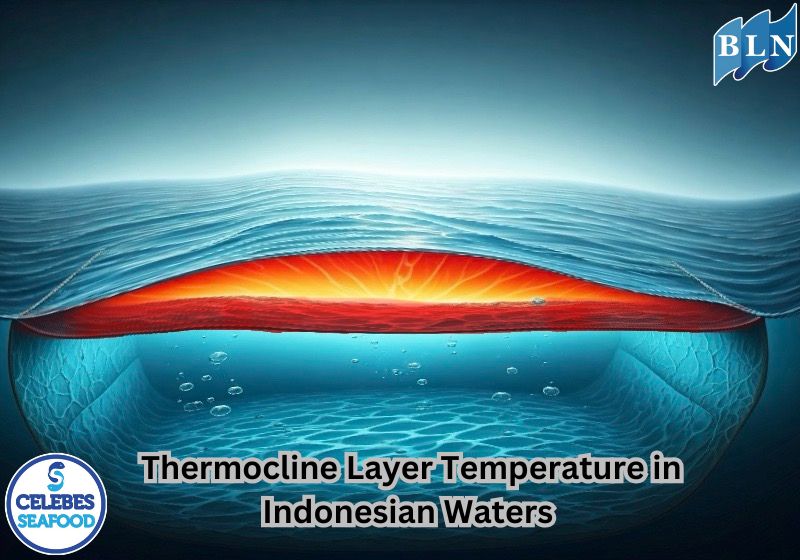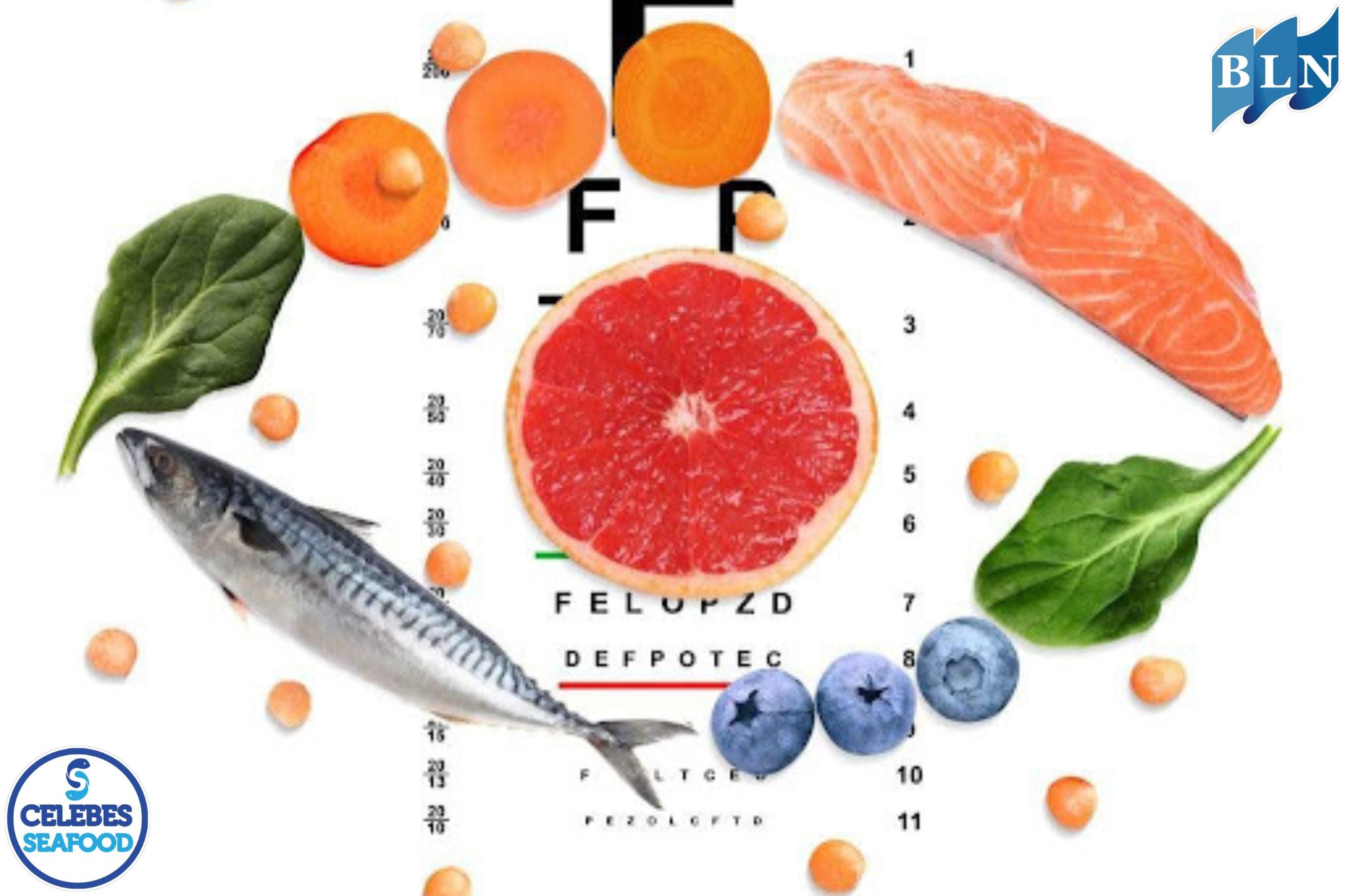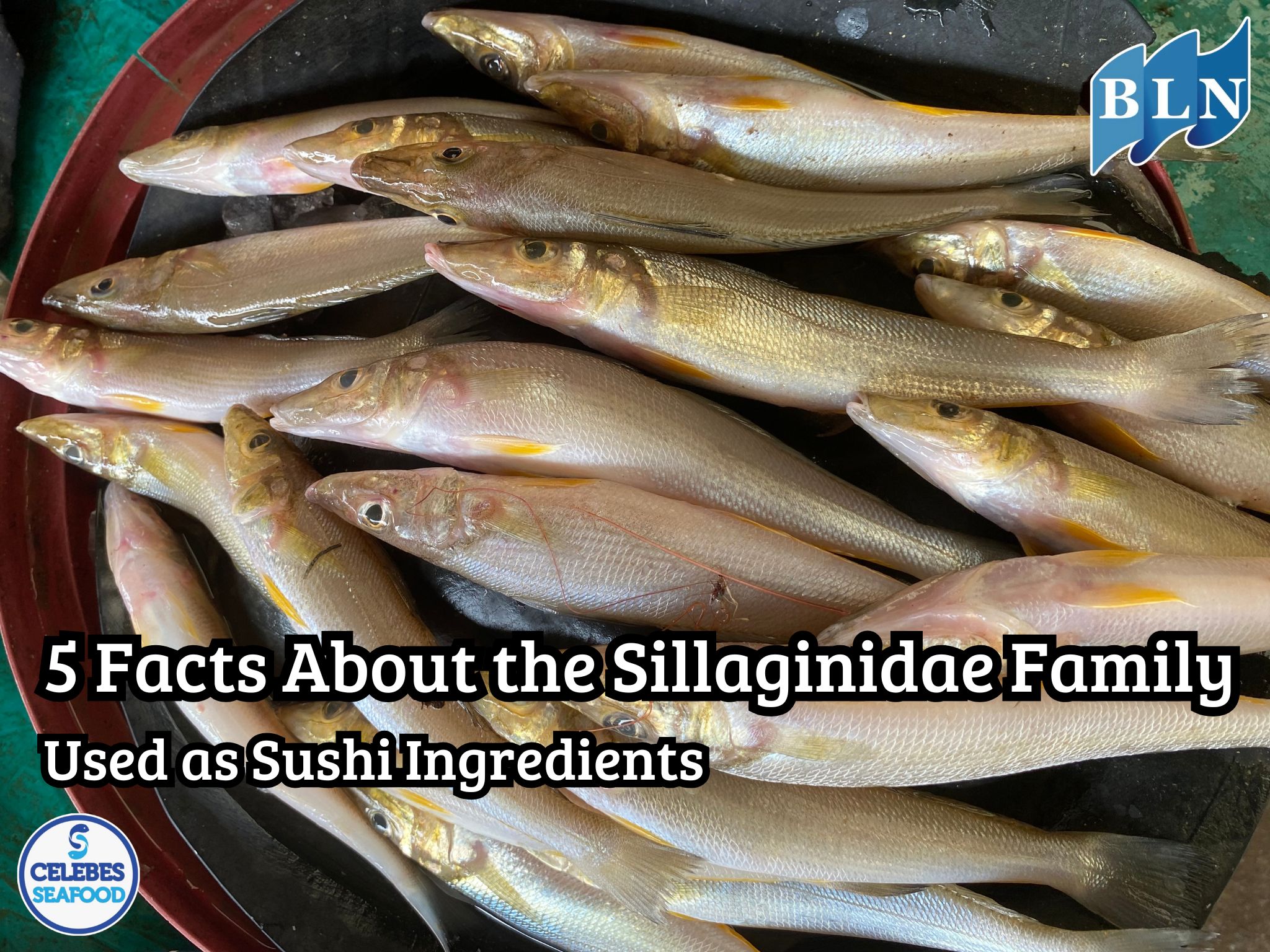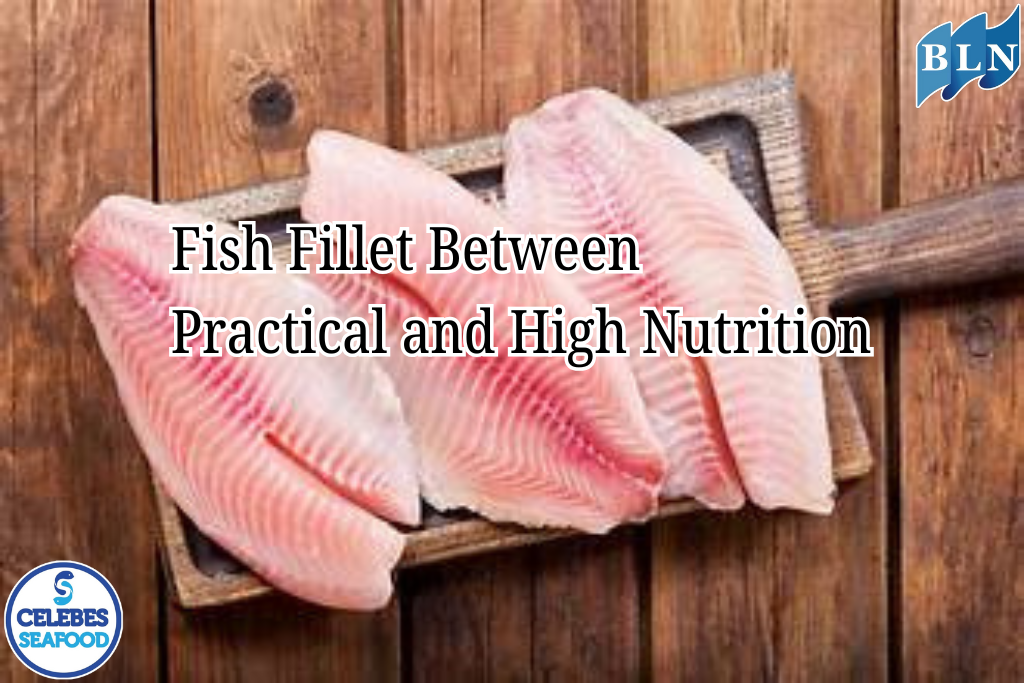The Importance of Ice (Cold Temperatures) for Octopuses: Beyond Mere Preservation
By. Tri - 02 Jun 2025 for Octopuses Beyond Mere Preservation.jpg)
lautnusantara.com_ While octopuses in their natural habitat don't actively seek out or use ice, the concept of cold temperatures—often achieved through the use of ice—plays a crucial role in various aspects, especially once octopuses interact with humans. This role extends beyond simple preservation and encompasses aspects of quality, food safety, and even animal welfare in certain contexts.
1. Quality and Food Safety: The Foundation of the Octopus Industry
For the fishing and seafood industry, ice is the backbone of maintaining octopus quality and safety. Octopuses, like most seafood, are highly perishable. Their flesh is rich in protein and water, making it an ideal medium for the growth of spoilage bacteria.
- Slowing Down Decomposition: The low temperatures provided by ice dramatically slow down the metabolic rate of bacteria and enzymes responsible for spoilage. This means the octopus stays fresh longer, retaining its desirable chewy texture, natural color, and distinctive oceanic flavor. Without adequate and rapid chilling immediately after capture, an octopus would begin to spoil within hours, developing unpleasant odors and a mushy texture.
- Preventing Harmful Compound Formation: Spoilage processes don't just reduce sensory quality; they can also lead to the formation of histamine and other biogenic amines that are harmful if consumed by humans. Ice helps suppress the formation of these compounds, ensuring the octopus remains safe to eat.
- Retaining Nutrients: Preservation with ice also helps maintain the nutritional value of the octopus. Essential vitamins and minerals contained in the octopus flesh are better preserved at low temperatures compared to being left at room temperature.
2. Transportation and Logistics: Reaching Global Markets
Once caught and preserved, octopuses often need to be transported over long distances, whether between cities, islands, or even countries. In these scenarios, ice or equivalent chilling systems become absolutely essential.
- Temperature Stability: The use of ice in insulated containers or chilling units helps maintain a stable cold temperature throughout the journey. Temperature fluctuations can accelerate spoilage, even if the octopus was pre-chilled.
- Minimizing Physical Damage: Ice can also help minimize physical damage to the octopus. When the octopus is kept frozen or very cold, its texture becomes firmer and less susceptible to bruising or tearing during handling and transportation.
- Supply Chain Efficiency: In modern supply chains, ice enables octopuses caught by small-scale fishers in remote areas to reach large markets in cities or even be exported, opening up broader economic opportunities.
3. Research and Animal Welfare: Understanding and Protecting Octopuses
Beyond the commercial realm, ice or cold temperatures also play an important role in research and, at times, in the context of octopus welfare.
- Anesthesia and Sedation: In scientific research, cold temperatures can be used as a non-invasive method of anesthesia or sedation for octopuses. Octopuses exposed to water temperatures lower than normal will exhibit slowed metabolic activity, making them calmer and easier to handle or examine without causing excessive stress. This is crucial when performing detailed observations, measurements, or even minor medical procedures.
- Specimen Transfer: When octopuses need to be moved between research facilities or from their natural habitat to a laboratory, controlled cold conditions are vital to minimize stress and ensure their survival during the transition.
- Physiological Studies: Temperature is a critical environmental factor for all organisms. Researchers often use cold temperatures to study the physiological responses of octopuses to environmental changes, including how they adapt to variations in ocean temperatures.
In summary, while octopuses don't seek out ice in the ocean, the role of cold temperatures, often represented by ice, is fundamental in human interactions with octopuses. From maintaining freshness on the dinner plate to facilitating scientific discovery, ice is a key component that ensures octopuses can be utilized optimally and handled properly once they interact with us.
If you are interested in our Coral Trout Fillet Skin On, CORAL TROUT WGG WHOLE GILLED GUTTED, TOMATO COD WHOLE GILLED GUTTED please do not hesitate to contact us through email and/or whatsapp.

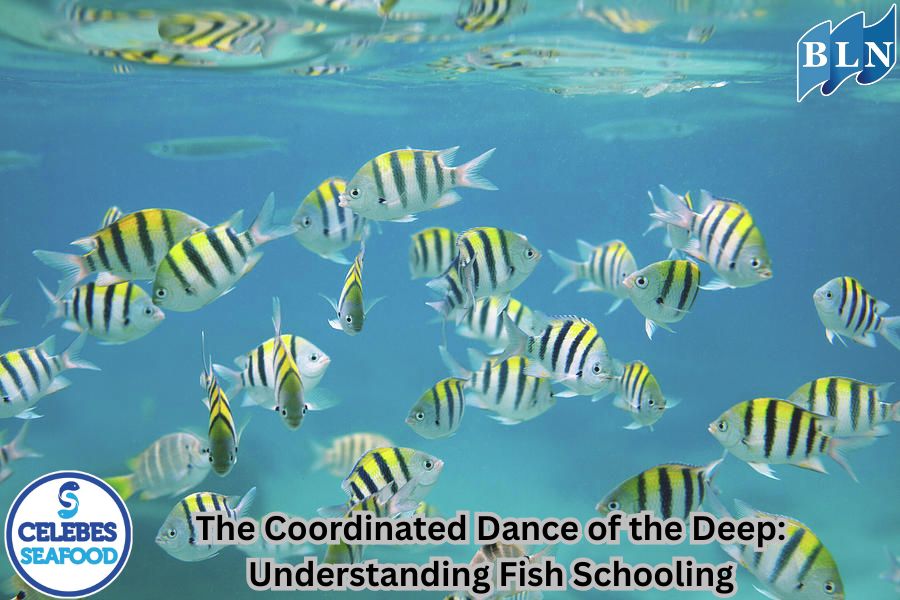

.jpg)
